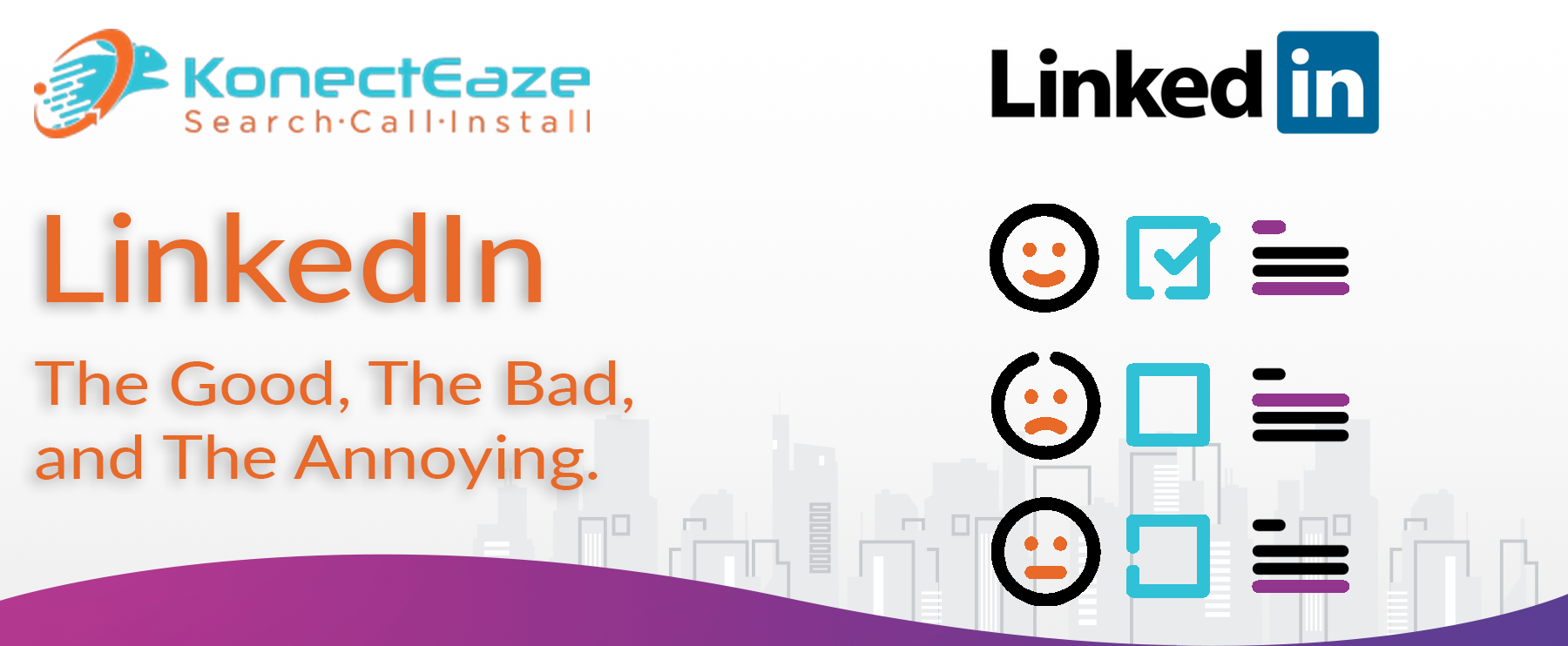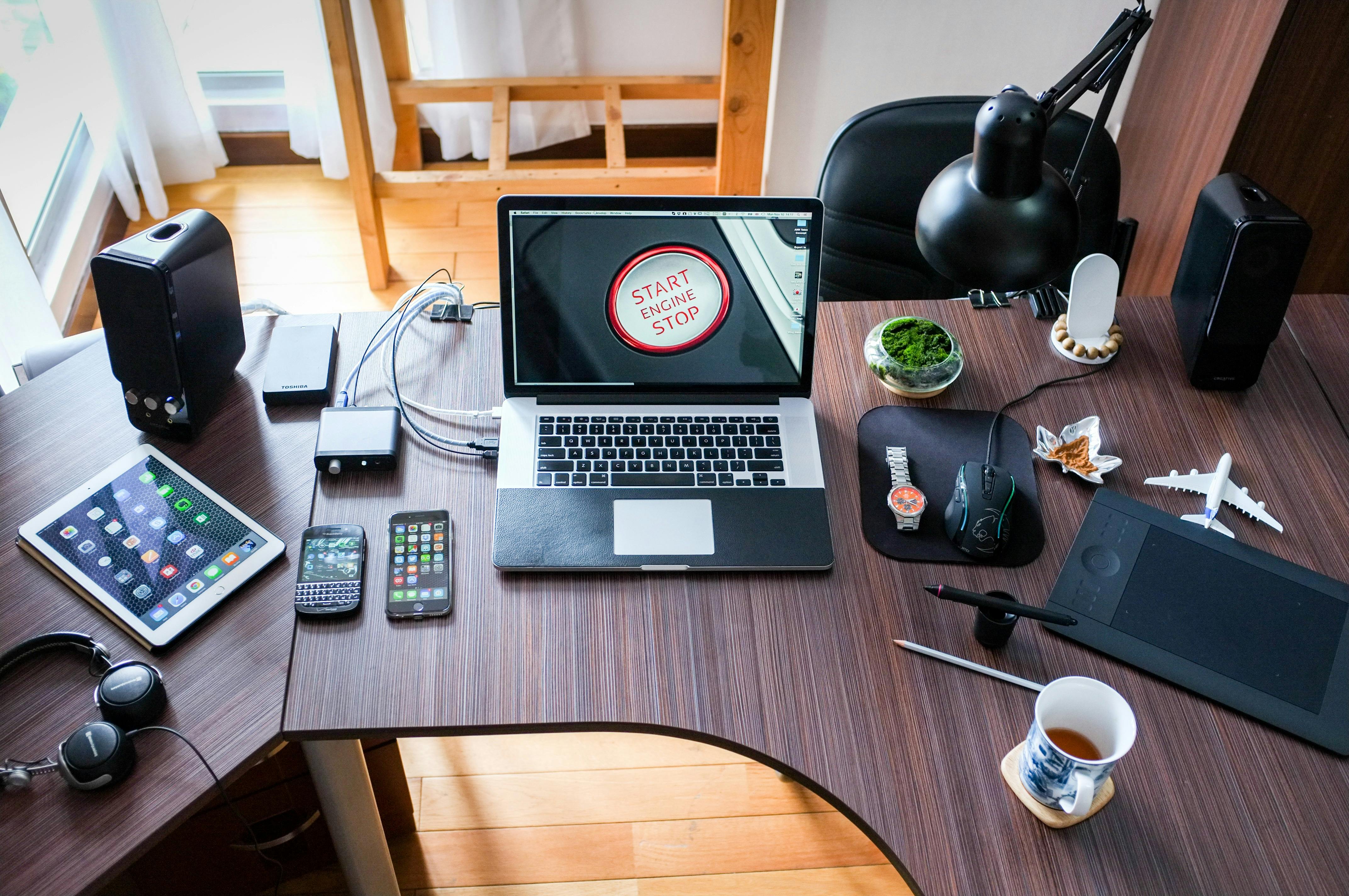LinkedIn: The Good, The Bad, and The Annoying
Introduction
LinkedIn, the professional networking platform, has its share of strengths and weaknesses. While some praise its benefits, others criticize its downsides. This article dives deeper into the positive aspects, common annoyances, and how to effectively use LinkedIn.
The Good
LinkedIn is a valuable tool for professional networking, staying updated on industry trends, and making meaningful connections. It facilitates easier communication with potential clients and collaborators. Here are some key benefits:
- Networking Opportunities: LinkedIn helps you connect with industry leaders, potential employers, and like-minded professionals.
- Job Search: It’s a powerful tool for job seekers, offering job postings, company reviews, and application tracking.
- Brand Building: Professionals can build their personal brand by sharing content, writing articles, and engaging with others.
- Industry Insights: LinkedIn provides industry news, updates, and trends through connections, groups, and company pages.
The Bad
Despite its benefits, LinkedIn has its drawbacks:
- Spammy Messages: Many users receive unsolicited messages and sales pitches, which can be annoying and reduce the platform’s effectiveness.
- Irrelevant Connection Requests: Users often get connection requests from people who haven’t done any research on them, leading to irrelevant networking.
- Content Overload: The feed can be cluttered with posts and articles that are not always relevant to your interests or professional goals.
The Annoying
Some aspects of LinkedIn can be particularly frustrating:
- Generic Messages: Many users send generic connection requests and messages without personalization, which can come across as insincere.
- Difficulty Reaching Contacts: It can be challenging to get through to high-level contacts or decision-makers due to the platform’s noise.
- Algorithm Limitations: The LinkedIn algorithm doesn’t always show the most relevant content, leading to a less effective experience.
Tips for Effective Use
To maximize LinkedIn’s benefits while minimizing its drawbacks, consider the following tips:
- Personalize Your Connections: Always add a personalized note when sending a connection request to make a genuine impression.
- Engage Actively: Like, comment, and share posts relevant to your industry to increase visibility and engagement.
- Optimize Your Profile: Ensure your profile is complete, up-to-date, and reflects your professional brand.
- Use Filters: Leverage LinkedIn’s search filters to find relevant contacts and content.
- Be Selective with Connections: Focus on quality over quantity when accepting connection requests.
Conclusion
LinkedIn’s effectiveness depends on how it’s used. For those who leverage its strengths and avoid its pitfalls, it can significantly enhance professional growth. By staying engaged, personalizing interactions, and being selective with connections, users can make the most of this powerful networking tool.





